The Brown School at Washington University in St. Louis is proud to welcome seven new students to its PhD program in Social Work. This year’s incoming cohort encompasses a diverse range of research interests, including refugee and immigrant well-being, child welfare policy and practice, technology and AI in health, end-of-life care and elder care, and more.
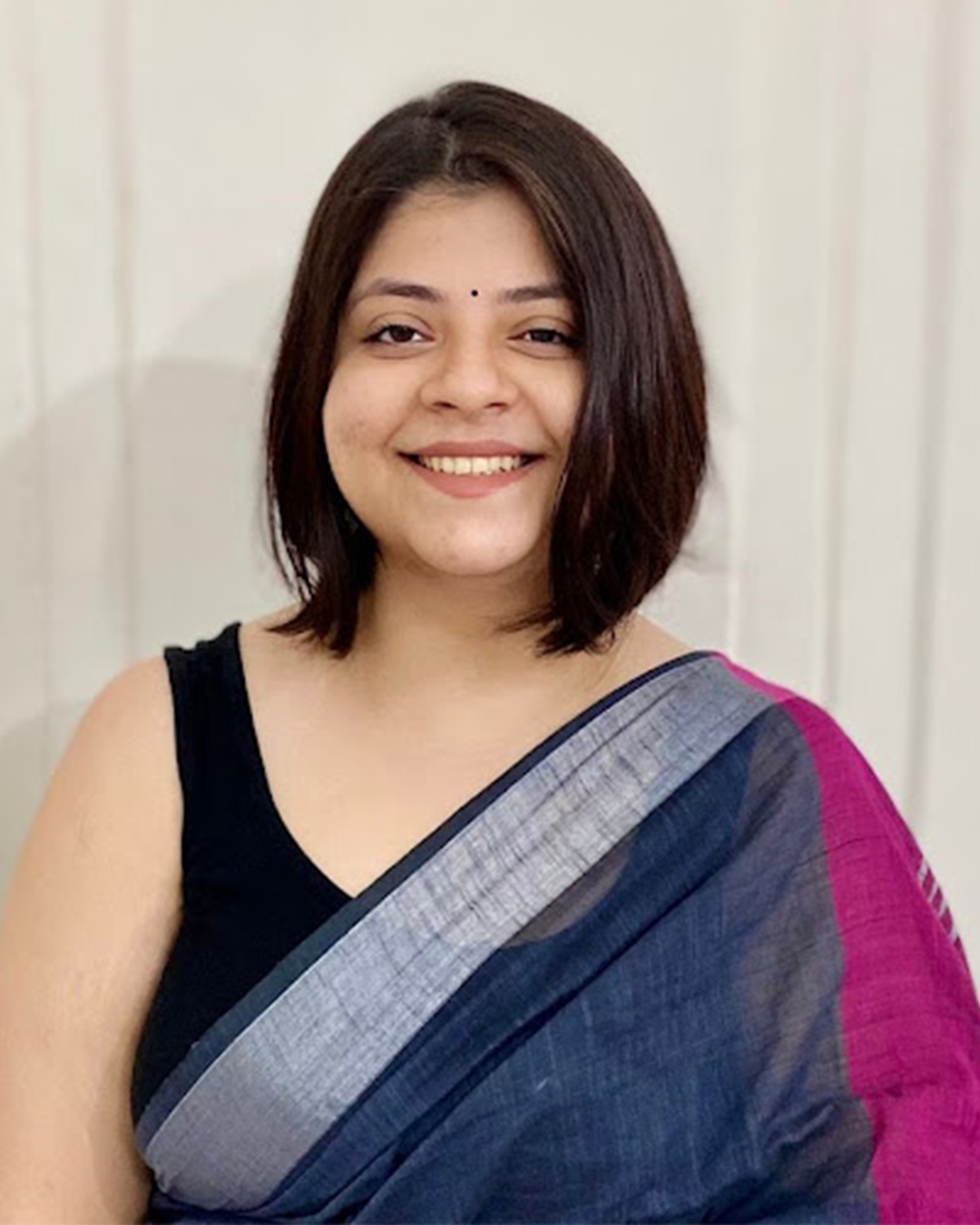
Anwesha Chatterjee is a queer-feminist social worker from India with a strong commitment to working for and with women and girls, especially survivors of violence. For the past two years, she has led a community-based organization in India that combines on-ground direct work with communities with regional and national advocacy. She writes extensively and grounds herself through music and movement.
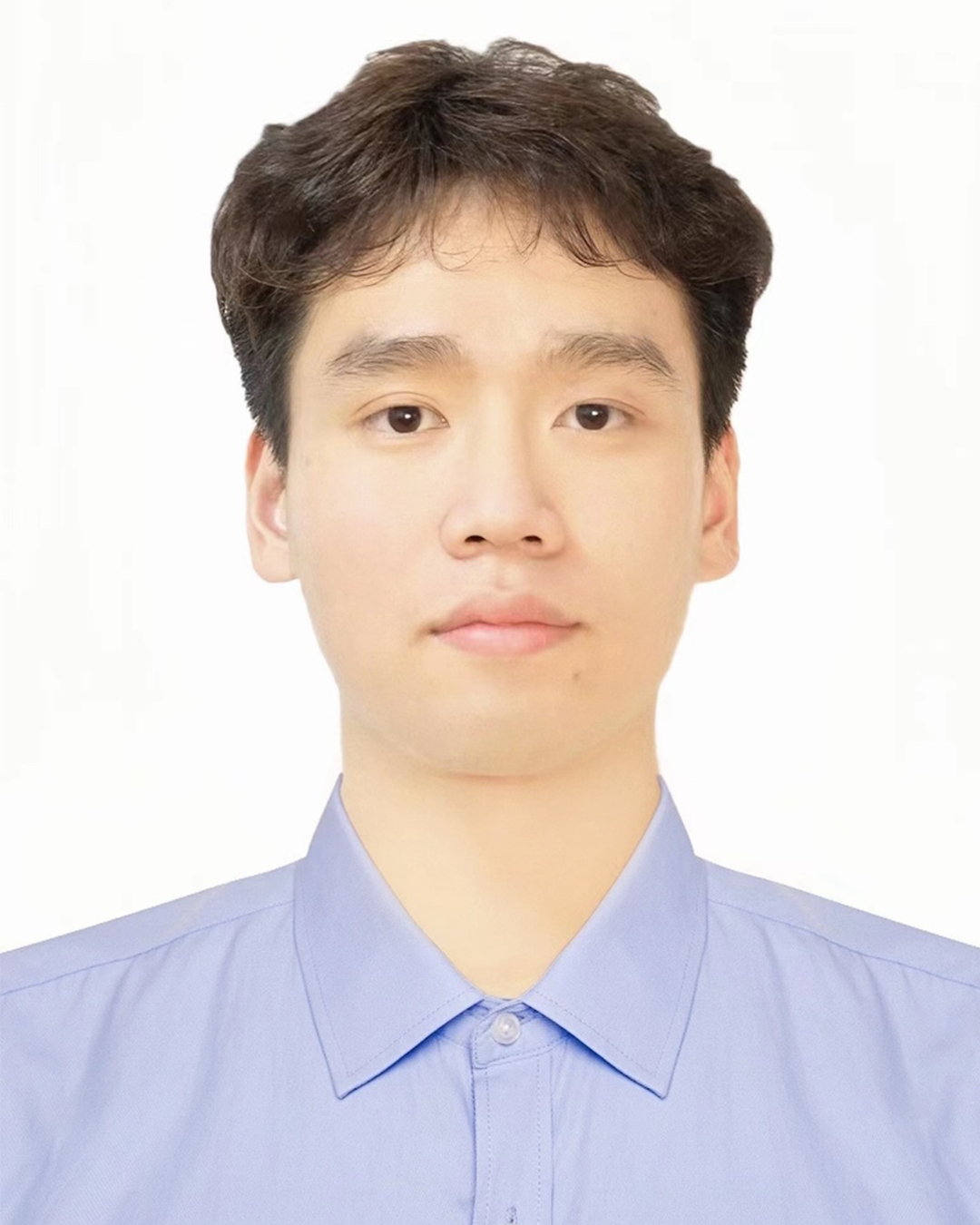
Yutian Chen is a licensed social worker in China with an MSW from Zhejiang University. His research focuses on understanding and addressing mental and behavioral health disparities faced by LGBTQIA+ communities. He is passionate about developing evidence-based interventions that challenge discrimination, violence, and stigma within LGBTQIA+ populations. His work has been published in peer-reviewed journals, including the Journal of Youth and Adolescence, the Journal of Adolescence, and the British Journal of Social Work.
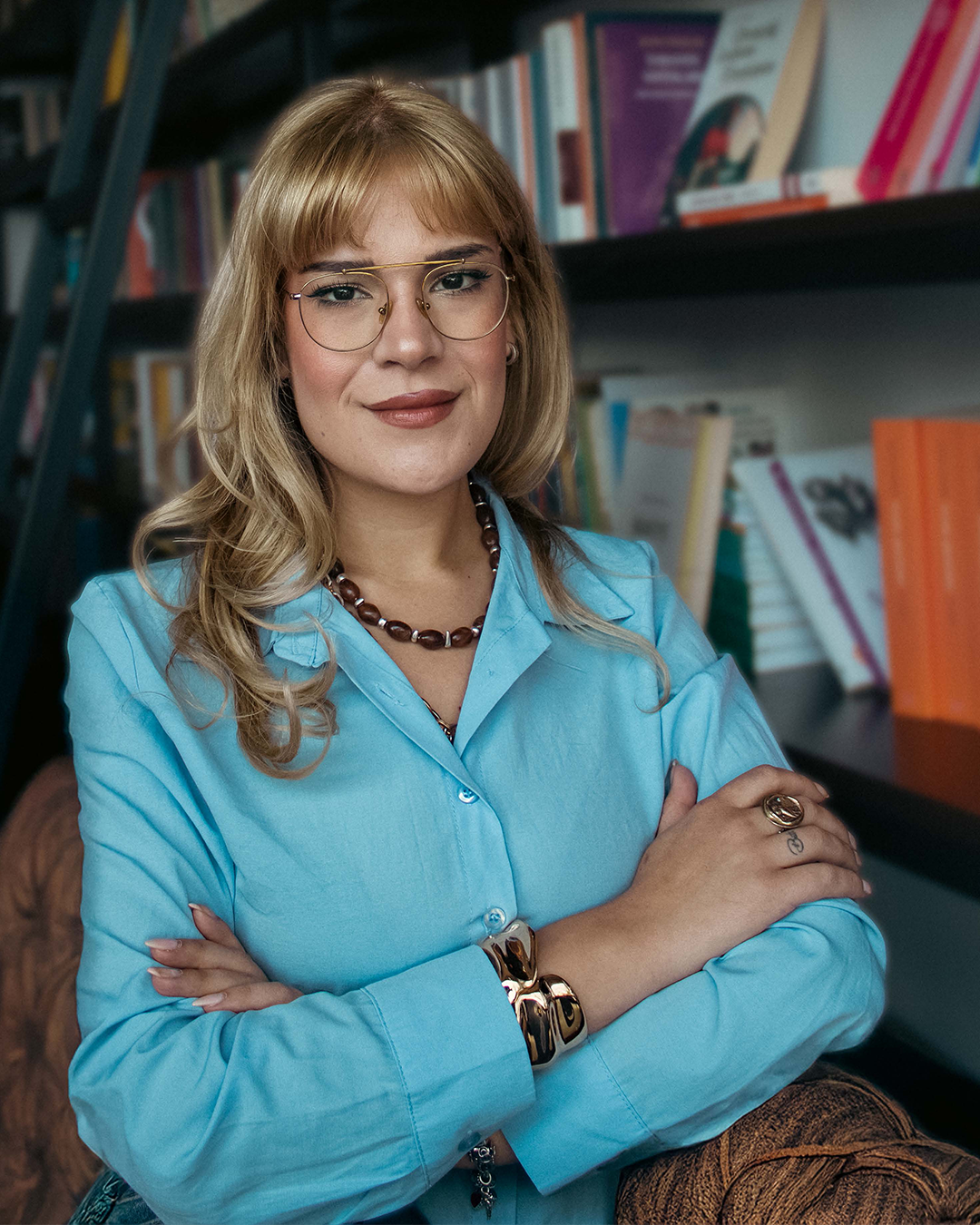
Zeynep Ilkkursun holds a bachelor’s degree in psychology and sociology from Istanbul Åžehir University and a master’s in clinical psychology from Koç University in Türkiye. She previously worked as a projects finance senior specialist, gaining experience in research project management. Her research focuses on the social determinants of mental health among forcibly displaced populations and the development of culturally sensitive and scalable mental health interventions for at-risk communities. Ilkkursun’s previous work has focused on the cultural adaptation, implementation, and scalability of mental health interventions. She is especially interested in working with youth, with the goal of investigating the factors that contribute to the successful implementation of evidence-based mental health interventions to enhance the well-being of displaced youth and their families.

Haeun Kim earned her bachelor’s degree in child studies and educational psychology from Seoul Women’s University and a master’s in social welfare from Ewha Womans University. Her academic work has focused on child development, poverty, and juvenile justice, with training in both qualitative and quantitative methods. She later worked as a foster care case manager, supporting children and families through mentoring, reunification, and adoption. This work deepened her understanding of challenges in the child protection system. She joined the National Center for the Rights of the Child in South Korea, where she helped carry out national research and brought children’s perspectives into policy discussions. Drawing on her combined experience in practice and research, she seeks to advance child welfare systems through evidence-informed policy and practice that prioritizes children’s rights and well-being.

Jenika Towana Scott is a scholar-practitioner whose interdisciplinary work bridges social development, public health, international development, and social justice through culturally grounded research, evaluation, and innovation. She holds an MSW from the University of Michigan and recently served as Scholar-in-Residence at the Africana Institute at Essex County College. Her research draws on fieldwork in Brazil, India, and U.S. immigrant and refugee communities, centering the lived experiences of marginalized populations, particularly in Africa, the Caribbean, Latin America, and the Global South. Scott uses Afrocentric, Indigenous, and participatory methodologies to co-create transformative, equity-focused solutions. She is also exploring the role of emerging technologies, such as artificial intelligence and human-computer interaction, in advancing community-based learning and health equity.
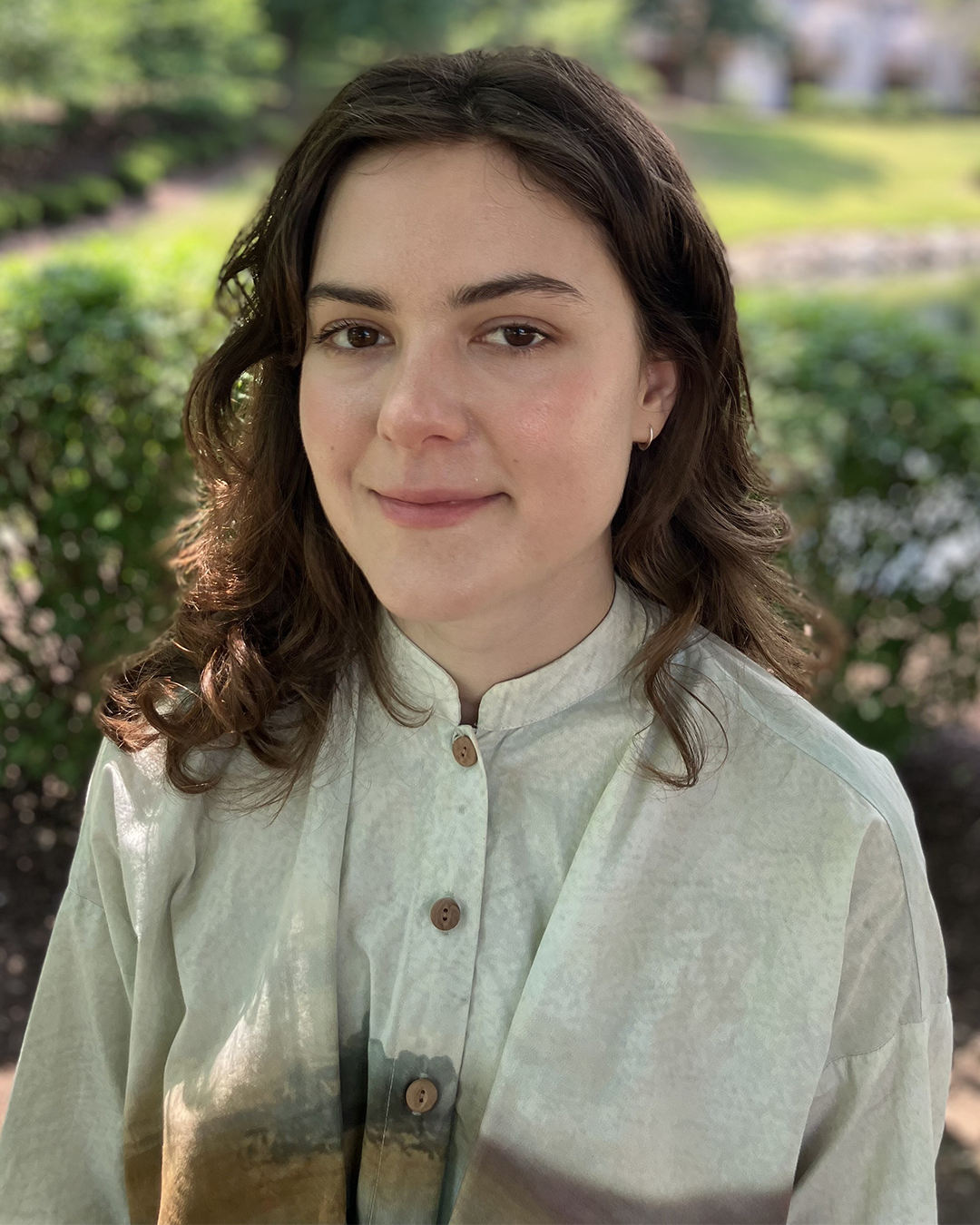
Morgan Van Vleck (MSW ’22, Brown School) is a LMSW who has worked in both community and clinical settings as a social worker, including BJC Hospice and in national advocacy at SAGE USA (Advocacy and Services for LGBTQ+ Elders) where they served as a research coordinator supporting research initiatives aimed at improving services and support for LGBTQ+ older adults. Committed to health equity in end-of-life and elder care, Van Vleck’s research interests center on the end-of-life needs, wishes, and challenges faced by marginalized patients and their caregivers, with a focus on LGBTQ+ patients and patients without informal care support. They are especially interested in the application of digital technologies in elder and end-of-life care, supporting advance care planning and caregiving needs, along with the related ethical issues and policy implications. Van Vleck seeks to promote interventions that improve the care continuum from serious illness to end-of-life care and support equitable and compassionate care systems.
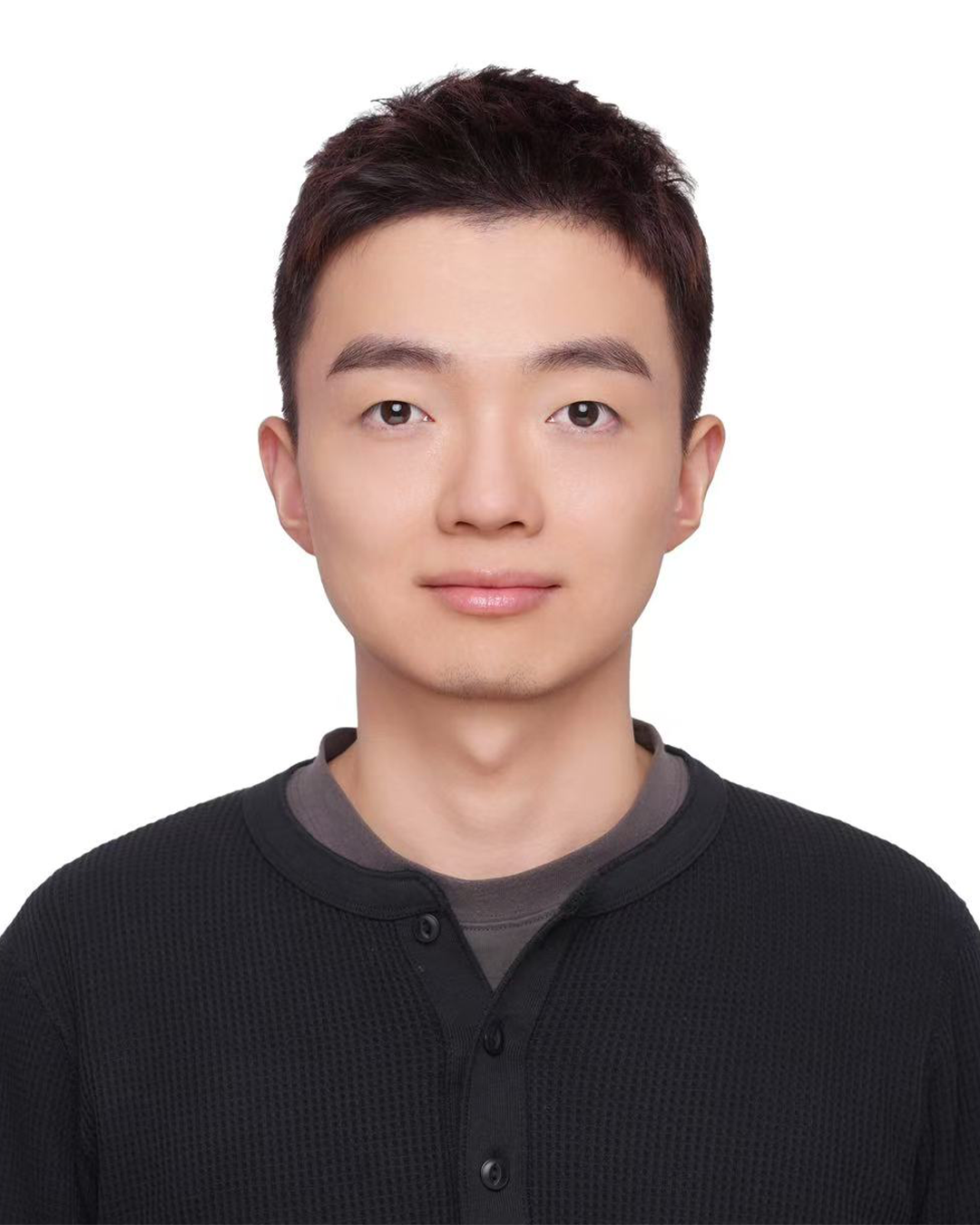
Ziming Wang received his MSW from Columbia University with a specialization in policy practice and aging. Before joining the Brown School, he worked at Peking University on policy and systems-level implementation research, focusing on digital therapeutics and chronic disease risk management. His experience as a strategy manager across health and technology organizations informed his commitment to accelerating the translation of evidence-based interventions to meet the complex needs of end users and improve population health. Wang aims to systematically learn dissemination and implementation research and explore methods that advance understanding of long life while supporting healthy and productive aging.
